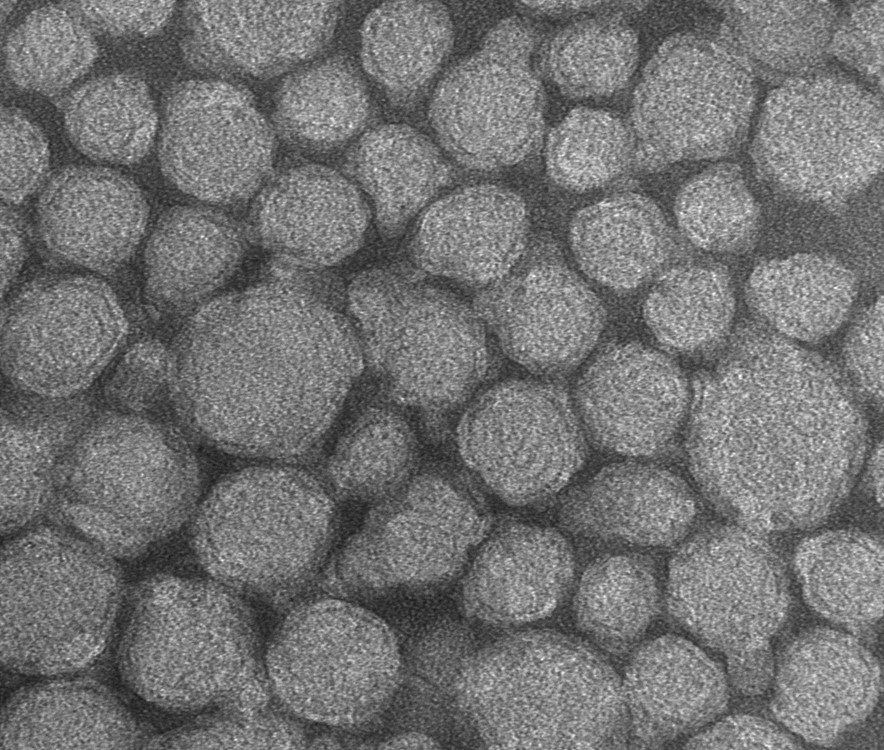A type of experimental vaccine that can be made in just a week and has protected mice against influenza, Ebola and Zika viruses may offer promise for quick responses to disease outbreaks in people, according to Massachusetts Institute of Technology researchers.
MIT scientists said their vaccines, still in early developmental stages, harness messenger RNA, a genetic material that can be programmed to fight any viral, bacterial or parasitic disease by provoking an amplified immune response in the body. The messenger RNA is put into a molecule that delivers it into cells to generate an immune response against a particular pathogen.
The researchers said their approach allows for quickly creating vaccines customized to fight various pathogens, in contrast to the lengthy development needed for traditional vaccines. An RNA vaccine differs from most current types that involve an inactivated form of a virus or other pathogen.



















With your current subscription plan you can comment on stories. However, before writing your first comment, please create a display name in the Profile section of your subscriber account page.